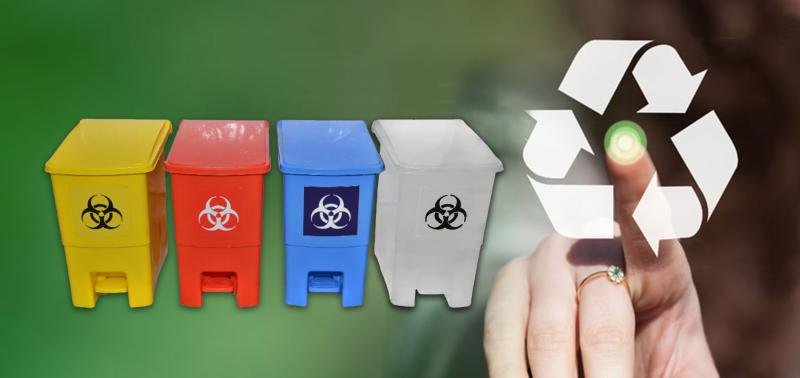
BD, a leading global medical technology company, and a consortium of health care institutions in Denmark have innovated a method to recycle used blood collection tubes without compromising hygiene, safety or quality of the material.
BD partnered with Odense University Hospital, the Health Innovation Centre of Southern Denmark, the Danish Technological Institute, the Global Material & Asset Fund and EcoFITT ApS to conduct a feasibility study, which focused on used blood collection tubes from laboratories. The study shows that these used tubes, which are made from high-quality polyethylene terephthalate (PET) plastic, can be cleaned, shredded and molded into other types of new articles.
"Single-use plastic revolutionized health care, but we know there are environmental considerations that come with this critical innovation," said Amit Limaye, director of the BD Sustainable Medical Technology Institute. "BD is working with like-minded partners to drive sustainable innovation that will help reduce the environmental footprint of our product portfolio, while maintaining our high standards of patient safety, quality and efficacy."
Used blood collection tubes are considered biohazardous and regulated medical waste, and in Denmark, they are currently disposed through incineration. Considering the nature of their application, used blood tubes cannot be cleaned and reused like some other medical devices made of glass or metal. However, PET plastic is highly suitable for recycling and is one of the most recycled plastic materials. Further research is required to determine the best method for cleaning and recycling that optimize both the quality of the material and the climate impact of these processes. The study shows that by transitioning from incineration to recycling, 33 tonnes of high-quality plastic would be diverted from incineration within the region each year.
The collaborative effort was funded by the Region of Southern Denmark and is part of a broader effort to further progress toward Denmark's Climate Action Strategy, which aims to reduce the country's greenhouse gas emissions by 70 percent in 2030 compared to 1990 levels. To learn more about this study, visit the website of Health Innovation Centre of Southern Denmark, and to learn more about BD's commitments to net zero emissions, visit the BD newsroom.